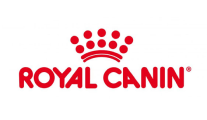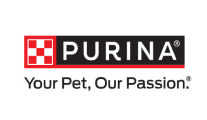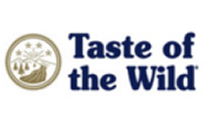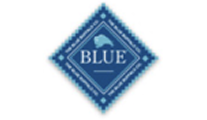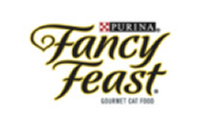- Hill's Prescription Diet c/d Multicare Urinary Care Chicken Flavor Canned Dog Food is specially formulated by Hill’s nutritionists and veterinarians to support your dog’s urinary health
- Enriched with antioxidants, potassium citrate and omega-3 fatty acids
- Formulated to help dissolve struvite stones
- Controlled levels of magnesium, calcium & phosphorus help reduce the building blocks of struvite and calcium oxalate stones
- Recommended for lifelong feeding of adult pets
Hill's Prescription Diet c/d Multicare Urinary Care Chicken Flavor Wet Dog Food
Prescription required.
Learn more
Save $4 by joining PetPlus
Prescription required.
Learn more
Save $4 by joining PetPlus

- Hill's Prescription Diet c/d Multicare Urinary Care Chicken Flavor Canned Dog Food is specially formulated by Hill’s nutritionists and veterinarians to support your dog’s urinary health
- Enriched with antioxidants, potassium citrate and omega-3 fatty acids
- Formulated to help dissolve struvite stones
- Controlled levels of magnesium, calcium & phosphorus help reduce the building blocks of struvite and calcium oxalate stones
- Recommended for lifelong feeding of adult pets






